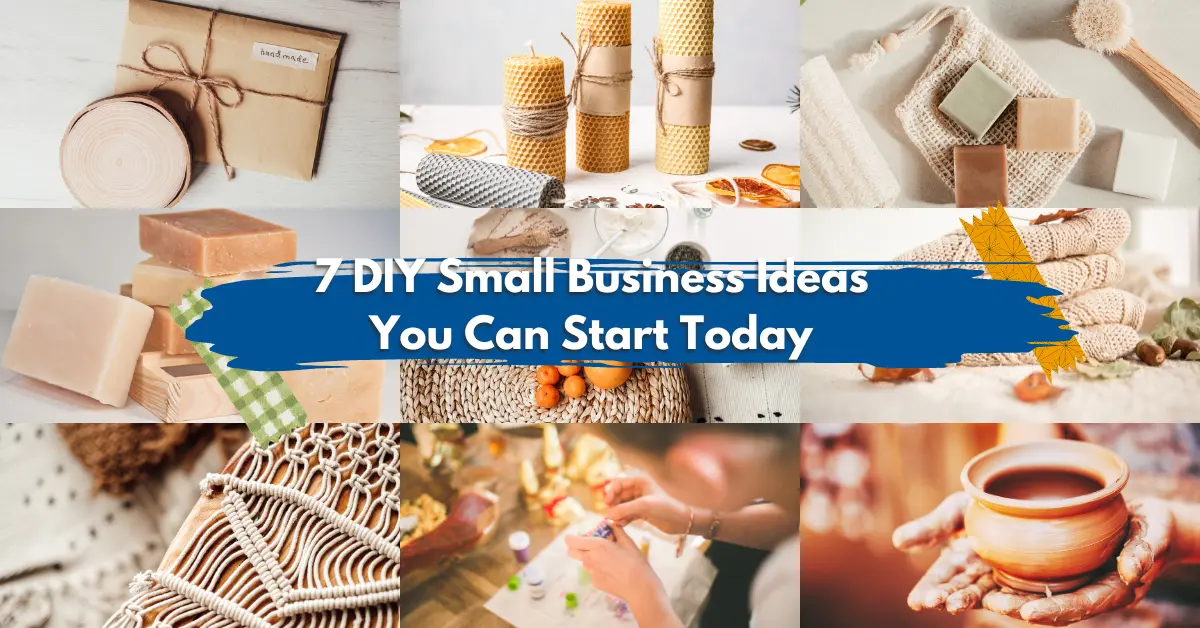
A DIY (Do-It-Yourself) business is one where people create products or services on their own without needing professional help. It’s growing because more people want unique, personalized items, and they enjoy the creativity and satisfaction of making things themselves. The internet and social media make it easier to learn new skills, share ideas, and sell homemade products online. Additionally, DIY businesses often have lower startup costs, making them attractive to entrepreneurs looking for a flexible and creative way to earn money.
DIY businesses are trending because people love the creativity and personal touch of homemade products. Social media makes it easy to share and sell these items. Plus, with more people working from home, they have time to explore DIY projects, making it a popular and rewarding way to earn money.
7 DIY Small Business Ideas
Are you looking to start your own business but don’t know where to begin? We’ve got you covered! Here are 7 DIY small business ideas that you can start with minimal investment and some creativity. These ideas are great for people who want to be their boss and turn their hobbies or skills into money-making ventures.
Handmade Jewelry Business
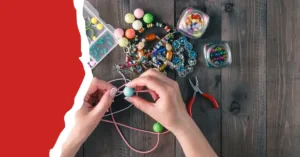
If you love making jewelry, why not turn it into a business? It’s a great DIY small business idea that you can create unique pieces using beads, wire, clay, or even recycled materials. Here’s how to get started:
– Learn different jewelry-making techniques through online tutorials or local classes
– Buy basic tools and materials from craft stores or online suppliers
– Create a variety of designs to appeal to different tastes
– Take good photos of your creations
– Established an online shop on media like Etsy and Shopify
– Promote your jewelry on social media and at local craft fairs
Remember to price your products to cover expenses and make earnings. As your business grows, you can add custom orders and even teach jewelry-making workshops.
Custom T-Shirt Printing
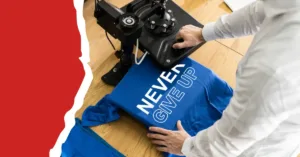
With the rise of personalized fashion, starting a custom t-shirt printing business can be a great idea. Here’s what you need to know:
– Choose your printing method: heat transfer, screen printing, or direct-to-garment printing
– Invest in necessary equipment like a heat press or screen printing kit
– Source blank t-shirts and other clothing items from wholesale suppliers
– Create some sample designs to showcase your work
– Set up an online store or partner with existing marketplaces
– Offer custom designs for individuals, groups, and businesses
You can start small by printing shirts for local events or sports teams, then expand as you gain more customers. Don’t forget to learn about different fabric types and printing techniques to ensure high-quality results.
Homemade Candles and Soaps
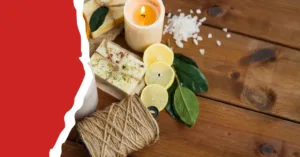
Crafting candles and soaps can be a fun and rewarding business. Many people love artisanal baths and home products. Here’s how to start:
– Research different candle and soap-making methods
– Get essential equipment like molds, wax melters, and safety gear
– Source ingredients like wax, oils, fragrances, and colorants
– Experiment with different scents and designs
– Create attractive packaging for your products
– Set up an online business or deal at local markets
– Consider offering candle and soap-making workshops
Make sure to follow safety guidelines when working with hot wax and lye. As your business grows, you can add related products like bath bombs or room sprays.
Pet Treats and Accessories
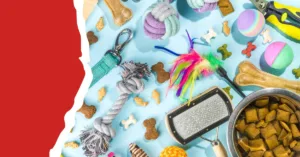
For animal lovers, a pet-related business can be very satisfying. You can make homemade pet treats or create pet accessories. Here’s how to begin:
For pet treats:
– Research pet-safe ingredients and recipes
– Get necessary baking equipment and packaging materials
– Create a variety of tastes or builds
– Make sure your treats meet local food safety regulations
– Set up an online store or partner with local pet shops
For pet accessories:
– Learn to make items like collars, leashes, or pet beds
– Source durable, pet-safe materials
– Create unique designs or offer customization options
– Take clear photos of your products on pets (with owners’ permission)
– Sell online or at pet events
Remember to always prioritize pet safety in your products. You can also offer both treats and accessories to create a full pet care line.
Personalized Gift Baskets

Creating custom gift baskets is a great business for people who love putting together thoughtful presents. Here’s what you need to do:
– Decide on themes for your gift baskets (e.g., new baby, spa day, gourmet foods)
– Source items for your baskets from wholesale suppliers or local makers
– Buy baskets, decorative fillers, and wrapping materials
– Create sample baskets for different occasions and budgets
– Take high-quality photos of your creations
– Set up a website to showcase your designs and take orders
– Offer local delivery or shipping options
You can start with pre-made designs and then offer fully customized baskets as your business grows. Consider partnering with local businesses to include their products in your baskets.
Upcycled Furniture

If you’re handy with tools and have an eye for design, upcycling furniture can be a great business. Here’s how to start:
– Learn basic woodworking and furniture restoration techniques
– Collect old furniture from thrift stores, yard sales, or online marketplaces
– Invest in tools and supplies like sanders, paints, and brushes
– Create a workspace in your garage or rent a small workshop
– Transform old pieces into stylish, modern furniture
– Take before and after pictures to showcase your piece
– Sell your pieces online or at local vintage markets
– Offer custom upcycling services for clients’ existing furniture
Remember to always work safely with tools and finishes. As you gain experience, you can tackle more complex projects and even create your furniture designs from scratch.
Digital Products and Printables
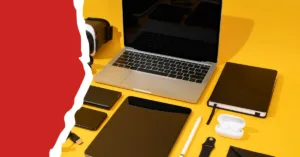
For those with graphic design skills, creating and selling digital products can be a low-cost business idea. Here’s what you can do:
– Choose your niche (e.g., planners, wall art, invitations, educational materials)
– Know how to use design software like Adobe Illustrator and Canva
– Create a range of digital products
– Set up an online store on platforms like Etsy or your website
– Make sure your files are high-quality and easy for customers to download and print
– Offer customization opportunities for an extra fee
– Create bundles of related items to increase sales
The great thing about digital products is that you can sell them unlimited times without additional production costs. You can also easily update your designs to stay current with trends.
Tips for Success in Your DIY Business
No matter which business idea you choose, here are some tips to help you succeed:
- Start small and grow gradually. Don’t invest too much money upfront before you know what sells well.
- Focus on quality. Make sure your creations are well-made & very durable.
- Price your items fairly. Cover your costs and time, but stay competitive in the market.
- Take great photos. Clear, attractive product images are key to online sales.
- Provide excellent customer service. Respond quickly to questions and address any issues promptly.
- Use social media to promote your business. Share behind-the-scenes content and then engage with your followers.
- Keep learning and improving your skills. Take classes or watch tutorials to stay up-to-date with techniques and trends.
- Get feedback from customers and be open to making changes based on their suggestions.
- Network with other small business owners. They can offer support and advice, and you might find opportunities to collaborate.
- Stay organized with your finances. Keep track of expenses and income, and set aside money for taxes.
- Be patient. Building a successful business takes time, so don’t get discouraged if things start slowly.
- Consider the seasonal nature of some products. Plan for busy times like holidays.
- Look for ways to make your business eco-friendly. Many customers appreciate sustainable practices.
- Don’t forget about local markets and craft fairs. They’re great for meeting customers face-to-face and getting immediate feedback.
- Think about how you can make your products or services unique. What sets you apart from similar businesses?
Starting your own DIY business can be a fun and rewarding way to earn money doing something you love. It allows you to be creative, set your schedule, and potentially turn a hobby into a full-time job. Remember, every successful business starts with a single step, so don’t be afraid to give it a try. We hope these ideas and tips help you on your journey to becoming a small business owner. With hard work, creativity, and persistence, you can turn your DIY skills into a thriving business. Good luck with your new venture.
FAQs
1. What are some popular DIY small business ideas?
Popular ideas include handmade jewelry, custom clothing, home decor, organic skincare products, and personalized gifts.
2. How much money do I need to start a DIY small business?
Startup costs vary, but many DIY businesses can begin with a small budget, often under $500, depending on the materials and tools needed.
3. How can I sell my DIY products?
You can sell your products online through platforms like Etsy, social media, or your website, as well as at local markets and craft fairs.
4. Do I need any special skills to start a DIY business?
Basic crafting skills are helpful, but many people learn as they go. There are a bunch of tutorials online to assist & support you to get started in your journey.
5. How can I market my DIY small business?
Use social media to showcase your work, engage with your audience, offer promotions, and consider collaborating with influencers to reach a larger audience.
Also Read:
7 Homemade Small Business Ideas at Home
7 Small Business Ideas for Girl Students
References:
https://www.ncbi.nlm.nih.gov/pmc/articles/PMC7379911/
https://www.startupindia.gov.in/content/sih/en/women_entrepreneurs.html
https://en.wikipedia.org/wiki/Small_business
Disclaimer: The DIY small business ideas presented in this blog are for informational purposes only and should not be considered financial or business advice. Consult a qualified business advisor before starting any new venture to ensure it aligns with your goals and circumstances.
Related post

7 Health Benefits of Assam Tea


